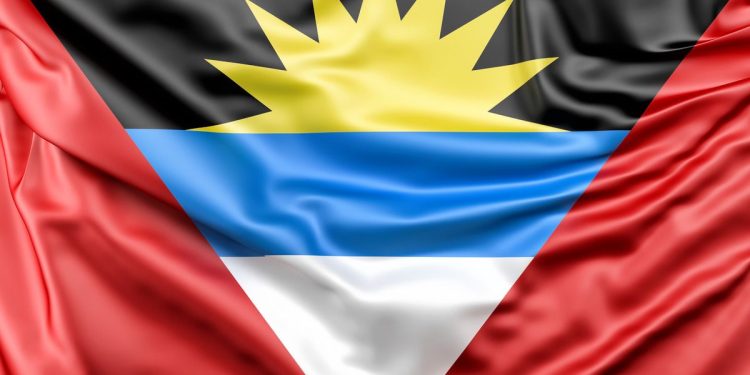Potatoes have played an important role in the agricultural history of Antigua and Barbuda, two Caribbean islands known for their beautiful beaches and vibrant culture. Although potatoes are not native to the region, they have been cultivated in the islands for centuries and have become an important part of the local cuisine.
The first potatoes were brought to Antigua and Barbuda by European explorers in the 16th century. These explorers were looking for new sources of food to sustain their long voyages and saw the potential of the potato as a hardy and nutritious crop. The potato quickly gained popularity among the island’s inhabitants and became an essential part of their diet.
In the early days of potato cultivation in Antigua and Barbuda, farmers used traditional methods to grow the crop. They would plant the potatoes in small plots of land using hand tools and rely on rainwater for irrigation. These early potato farmers also had to contend with a host of pests and diseases that threatened their crops, such as potato blight and various types of beetles.
Despite these challenges, potato cultivation flourished in Antigua and Barbuda and became an important part of the local economy. By the 19th century, the islands were exporting large quantities of potatoes to other Caribbean countries and to Europe. This trade helped to boost the island’s economy and cemented the potato’s place as a staple crop.
Today, potato cultivation in Antigua and Barbuda is still an important part of the local agricultural industry. The islands have modernized their farming techniques and now use advanced irrigation systems and machinery to grow their crops. However, small-scale, traditional farming is still practiced by some farmers who continue to rely on traditional methods.
Potatoes are also an important part of the local cuisine in Antigua and Barbuda. They are often used in stews, curries, and other dishes that are popular on the islands. Some popular potato dishes in Antigua and Barbuda include potato salad, potato soup, and mashed potatoes.
In recent years, there has been a renewed interest in indigenous crops in Antigua and Barbuda, including the potato. Many farmers are now experimenting with different varieties of potatoes to find ones that are better suited to the local climate and soil. This focus on indigenous crops is part of a wider movement towards sustainable and organic farming in the Caribbean.
In conclusion, the history of potato cultivation in Antigua and Barbuda is a fascinating one that highlights the importance of agriculture in the Caribbean. From its humble beginnings as an imported crop, the potato has become an integral part of the local culture and economy. As the islands continue to embrace sustainable farming practices, it will be interesting to see how the potato and other indigenous crops continue to evolve and thrive in the years to come.





